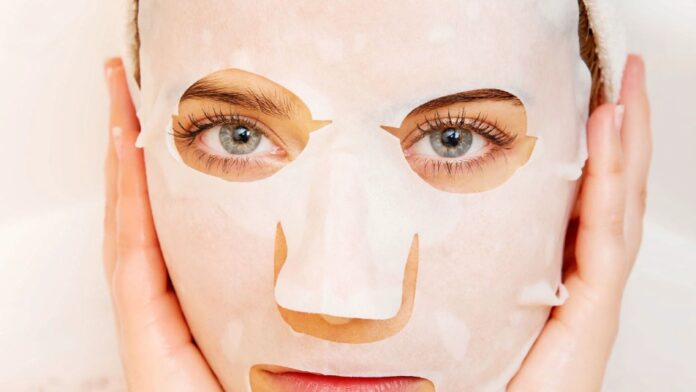Clay masks have long been a staple in skincare routines, valued for their ability to absorb excess oils and combat acne. This makes them especially beneficial for those with oily or acne-prone skin.
However, for individuals with dry skin, it’s recommended to use clay masks sparingly, as they can further dry out the skin. For those considering adding clay masks to their regimen, options range from Fuller’s Earth, or multani mitti, to Bentonite clay, each offering unique benefits tailored to various skin needs.
What differentiates clay masks from the rest?
Clay masks are formulated from different types of clay known for their oil-absorbing and impurity-extracting properties. These masks aim to leave the skin clearer and more refreshed, often providing a temporary tightening effect. Typically used to treat acne and enhance skin firmness, clay masks are distinguished by their pH levels.
While human skin maintains a slightly acidic pH between 4 and 6, clay masks generally have an alkaline pH above 7. This alkalinity helps balance the skin’s acidity, aiding in the removal of oils that clog pores.
A study published in the 2023 edition of the Skin Research and Technology journal highlighted the effectiveness of clay masks in managing oily skin and acne. Researchers also noted improvements in skin hydration and texture with regular use of clay masks.
Popular types of clay masks
Bentonite clay: Ideal for acne-prone and oily skin, Bentonite clay is derived from volcanic ash. Its strong oil-absorbing properties, along with its ability to remove dirt and bacteria, make it a powerful tool in combating acne. Bentonite clay also has antibacterial properties and can help reduce inflammation, tightening the skin with its pH of around 8.5.
French green clay: Also known as sea clay, French green clay is best suited for sensitive skin. It is known for its detoxifying and healing properties, making it effective in soothing skin irritations such as allergies, sunburns, insect bites, and minor wounds. With a pH of 7.75, it also acts as an exfoliant, promoting better blood circulation and a healthy glow.
Kaolin clay: Kaolin clay, with a pH of 5.5, is closer to the skin’s natural pH. It effectively draws out impurities from the pores without causing excessive dryness, making it suitable for people with both oily and acne-prone skin. Its mild astringent properties help in managing oil levels while maintaining the skin’s balance.


